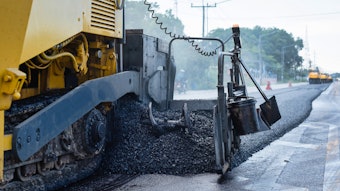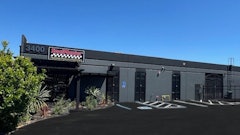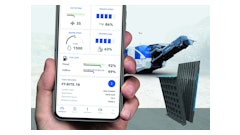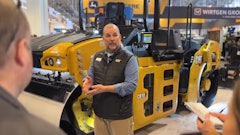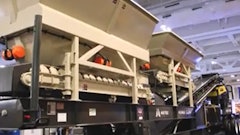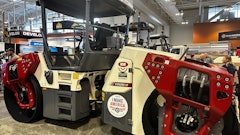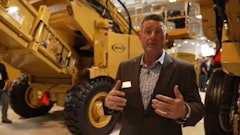Liberty Tire Recycling, provider of tire recycling services in North America, and Bridgestone Americas, the U.S. subsidiary of Bridgestone Corp., the world’s largest tire and rubber company, will highlight the innovative benefits of rubberized asphalt on February 27, 2013 with an event called “Recycle NASHVILLE: 2013.”
Speakers will include experts from the Tennessee Department of Environment and Conservation, the Tennessee Department of Transportation, and local industry professionals, including the Tennessee Road Builders Association.
The event will be held at Bridgestone Americas’ headquarters (535 Marriott Drive, Nashville) and will gather transportation and environmental professionals, civic leaders and policymakers to learn more about scrap tire management in Tennessee and rubberized asphalt materials and applications.
Speakers will include experts from the Tennessee Department of Environment and Conservation, the Tennessee Department of Transportation, and local industry professionals, including the Tennessee Road Builders Association.
“Locally sourcing recycled tire rubber for asphalt projects is a win-win for Tennessee at both the state and municipal levels,” says Jeffrey Kendall, CEO of Liberty Tire Recycling. “Rubberized asphalt provides a sustainable outlet for scrap tires and contributes to improved infrastructure in the form longer-lasting, less expensive roadways.”
The sessions at Recycle NASHVILLE: 2013 will consist of presentations on topics including “Scrap Tire Management in Tennessee,” “Scrap Tire Processing and Uses,” “Tennessee Asphalt Industry Overview” “Tennessee Experience with Rubber and Modified Asphalt” and “Rubberized Asphalt Materials and Applications,” which will provide an overview of the advantages of rubberized asphalt, from enhanced safety and reduced tire noise to better crack resistance and cost savings.
“More than 300 million tires come off the roads annually, and while they may no longer be of use on a vehicle, they are still a valuable resource,” said Tim Bent, environmental director for Bridgestone Americas. “Our company is working to ensure that for every new tire we sell in the U.S., one spent tire – a tire that has been removed from use – is sent to another valuable purpose. If we are to succeed in reaching that goal, we must create, promote and encourage the use of spent tires in secondary markets, and rubberized asphalt has enormous potential for utilizing a large number of those tires that are discarded each year for an incredibly important product.”
Rubberized asphalt is a low-cost, high-performance alternative to traditional paving mixes that reduces dependency on oil and limits carbon dioxide emissions. Added to traditional asphalt, crumb rubber comprises 8 to 22 percent of the binder and increases tensile strength. For more than 40 years, rubberized asphalt has proven to diminish maintenance costs and provide a smoother, safer ride. Plus, recycled rubber provides a reliable and consistent supply of material.
“We encourage state and municipal engineers and road maintenance supervisors to take rubberized asphalt specifications from this event and put them into practice in Tennessee to save money without sacrificing performance,” Kendall added.
Click here for more information.


